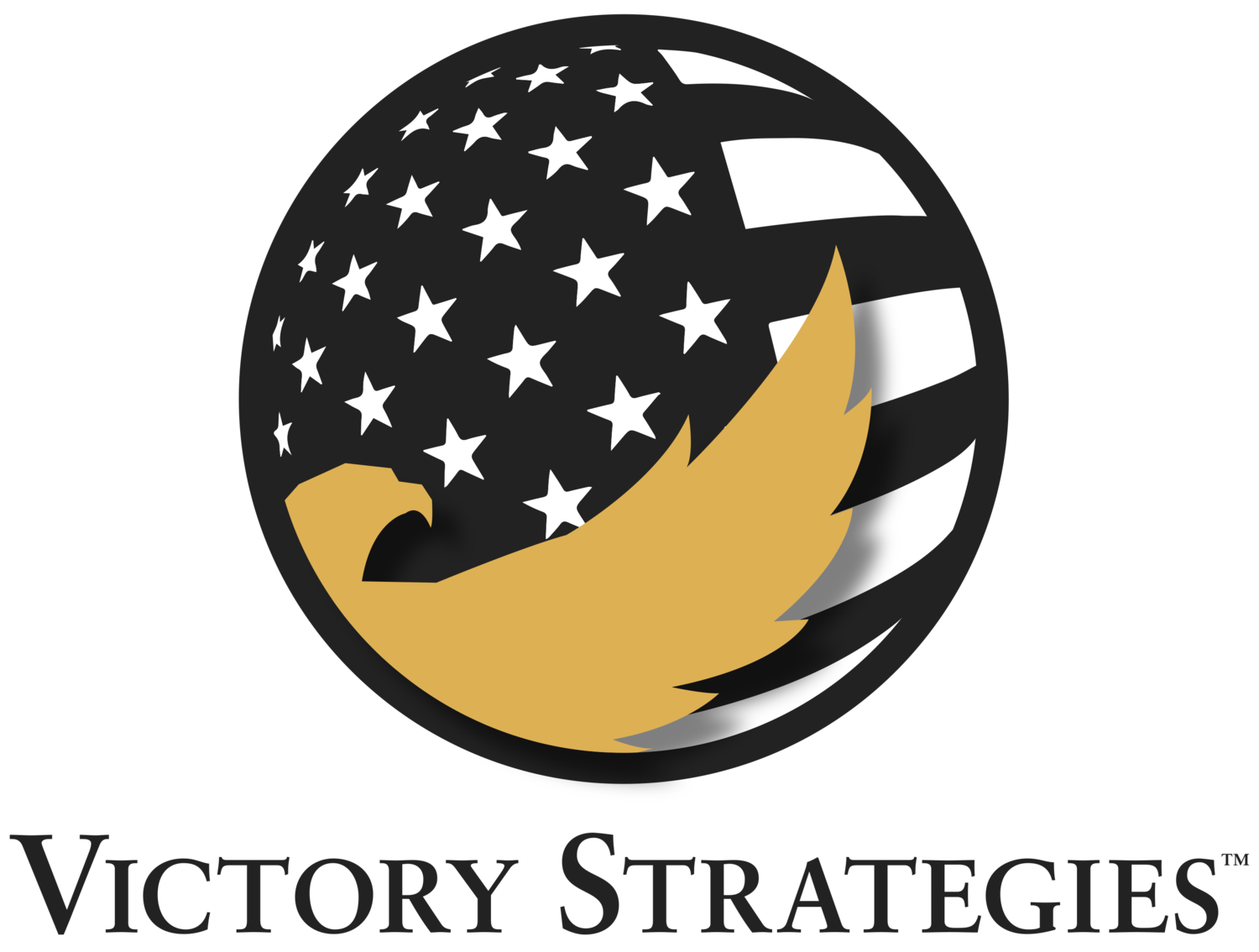As you reflect on the wisdom and counsel you have received over the years, what are the most memorable? Take a moment. Not just the ‘good’ ones, but the truly stop-you-in-your-tracks, I’ve-got-to-think-about-this-more-deeply’ kind. Hopefully, you’ve had at least a few of these. Let me tell you about one that still stands out for me, from a while back, but is now maybe more important than ever before.
Years ago, I had the great fortune to attend a weeklong course at the Center for Creative Leadership. The course was designed to facilitate a deep introspective look by each participant. This, in turn, helped propel us toward becoming better teammates and leaders. The week was filled with exercises, discussions, and behavioral assessments, all of which were tailored uniquely to our own development needs. While these activities were all extremely helpful, I found my biggest takeaway in - ironically - the week’s closing comments.
Our lead instructor was a rather unassuming and soft-spoken person who had a true gift of being exceptionally interesting and thought-provoking. No fiery inspirational speech, but rather a subdued, reflective conversation. In his closing remarks, he artfully summarized the amazing week we had just enjoyed, but then challenged each of us, to fully engage and commit.
His challenge to us: to communicate powerfully and precisely, but also compassionately and empathetically. His exact words were, “the genius of communication is to be both honest and kind”. More than twenty years later, his words still ring true.
Think about it. Most of us are very good at providing feedback in one of these dimensions, but do we truly connect and resonate on both?
I’ve had leaders who were very direct and honest (ouch), and I’ve had leaders who were extraordinarily kind. But both? Very, very few. However, these few were also the absolute best leaders I have ever encountered, and whose words had the most profound impact on my development and my future.
First, the ‘honest’ component. Honest in this context means direct, straight forward, objective. Interestingly, for some, this may be the easy part. We have tools for objective measurement and most of us can assess tangible results without difficulty. Providing clear, direct feedback in these dimensions is necessary and vital for growth and development. But, if it stops there, we as leaders, have failed to make a meaningful difference in the lives of those who count on us for guidance and growth. We have squandered an important opportunity to connect and resonate with another on a much deeper and inspirational level. This is where ‘kind’ comes in.
In my experience, the adage “people don’t care what you know until they know that you care” stands tall. To me, that is a working description of trust. To care is certainly to be kind. Showing an interest in one’s development and working with them to achieve their goals and dreams vividly demonstrates that you care, opening the door for a much deeper and meaningful connection.
However, kindness alone doesn’t move the needle either. It is necessary but not sufficient. Leaders who are compassionate but who leave out the tough feedback of specific performance and expected results, can be frustrating. Remember: both honest and kind.
Now, sit back and recall those leaders you’ve experienced who have done this best. In my journey, those leaders knew how to connect. They had taken the time and interest to fashion a message of helpful and caring guidance that I appreciated as being both honest and kind. Those leaders truly understood and actively practiced the genius of communication.
So, let’s pledge to take on my instructor’s challenge, beginning today.
Here’s a starter kit for kind:
Show that you care. Listen and empathize. Demonstrate true compassion.
Build trust. Honor commitments. Be consistently respectful.
Ask questions. Know their goals and dreams. Offer to assist them in getting there.
Be positive, encourage. Celebrate the wins.
And for honest:
Be objective and specific. Avoid being vague or attempting to smooth it over. Be direct.
Reinforce the importance of their contributions to the team’s goals and objectives.
Emphasize ownership and individual accountability.
Leverage timely ‘after action reviews’ to focus on continually learning and improving
I’ve also found the best-of-the-best utilize both planned and unplanned opportunities in providing feedback. Remember too, praise in public, coach in private!
One last encouragement from my instructor’s closing remarks. His wish was that we practice being both honest and kind in all of our interactions - with our family, friends, and acquaintances as well. Yes, it will take patience to find the right balance. And yes, we need to recognize and accept what works uniquely best for each individual is something of a moving target. But think what a difference we can make in the lives of those around us with a very simple – and human – approach; being both honest and kind.
Authored By: Jeff Boyer, Managing Director

